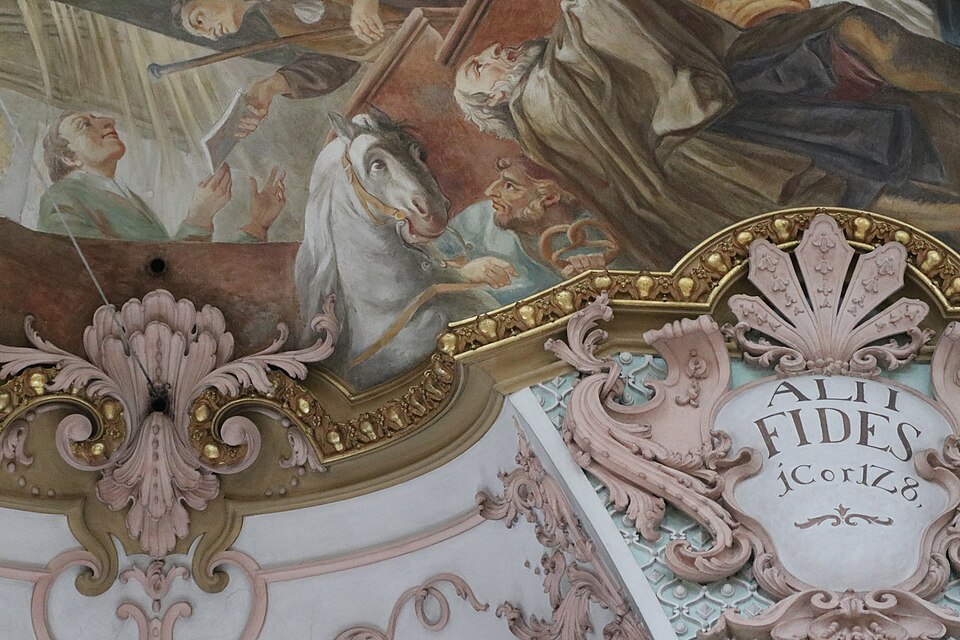The Brezenreiter: Munich’s Traditional Pretzel Vendor
The Brezenreiter holds a cherished place in Munich’s rich cultural and culinary history. The term, rooted in the Bavarian dialect, roughly translates to “Pretzel Rider” or “Pretzel Seller,” and it refers to the traditional street vendors or bakers’ apprentices who specialized in selling freshly baked pretzels (Brezn), a beloved Bavarian snack. These vendors have been a vital part of Munich’s street life for centuries, embodying the city’s vibrant food culture and community spirit.
Historically, the tradition of pretzel baking and selling in Munich dates back to the Middle Ages. Records indicate that as early as the 12th and 13th centuries, pretzels were popular among European communities, especially in monastic settings where monks baked them as a nutritious snack. The twisted pretzel shape is thought to symbolize arms crossed in prayer, and pretzels became associated with religious fasting and celebration.
The role of the Brezenreiter as a street vendor gained prominence during the 16th and 17th centuries, when urban markets and fairs became central to Munich’s social life. By the 18th century, pretzel vendors—often young apprentices or members of local baker’s guilds—were a common sight in Munich’s bustling market squares, such as the Viktualienmarkt, established in 1807, and during city festivals. They would carry baskets or small carts filled with warm, freshly baked pretzels, which they sold to merchants, workers, and festival-goers.
The art of pretzel baking and selling was often passed down through generations, with some vendors practicing their craft since the 17th or 18th centuries. They took pride in their baking techniques, ensuring that each pretzel was crispy on the outside and soft inside, salted generously, and sometimes topped with sesame seeds or cheese. The craftsmanship of a Brezenreiter was highly valued, and many pretzel recipes and techniques became family secrets.
By the 19th century, Munich was renowned for its beer culture, and pretzels became synonymous with beer gardens and festivals. The Oktoberfest, which officially began in 1810 to celebrate the Bavarian Crown Prince Ludwig’s marriage, further cemented the pretzel’s role as a Munich staple. During this period, street vendors like the Brezenreiter thrived by catering to crowds of festival-goers, contributing to Munich’s lively street scene.
However, with modernization and urban development in the 20th century, the traditional role of the Brezenreiter declined. Despite this, they remain a powerful cultural symbol. Today, many pretzels are baked in bakeries and sold in supermarkets, yet the image of the cheerful street vendor carrying golden pretzels remains iconic—especially during Oktoberfest and other festivals.
In summary, the Brezenreiter is much more than a pretzel seller; they are custodians of Munich’s culinary and cultural heritage. Their story spans from medieval monastic traditions to modern festivals, symbolizing Munich’s enduring love for tradition, craftsmanship, and community. The presence of the Brezenreiter continues to evoke nostalgia and pride, reminding locals and visitors alike of Munich’s rich history and vibrant street culture.



